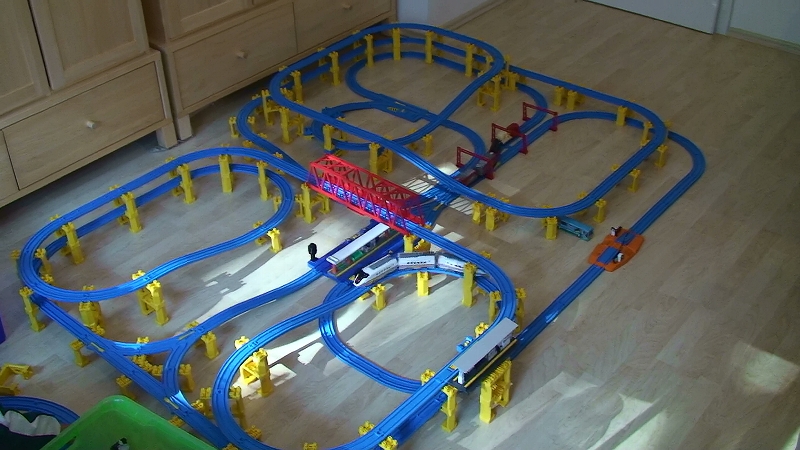How to stop yourself from getting too emotionally attached when dating someone new

Disorganized attachment Secure attachment style: what it looks like Empathetic and able to set appropriate boundaries, people with secure attachment tend to feel safe, stable, and more satisfied in their close relationships. But you likely feel secure enough to take responsibility for your own mistakes and failings, and are willing to seek help and support when you need it. The strong foundation of a secure attachment bond enabled you as a child to be self-confident, trusting, hopeful, and comfortable in the face of conflict. Secure or insecure? Some people may identify with some but not all of the characteristics of secure attachment.
Our style of attachment affects everything as of our partner selection to how able-bodied our relationships progress and to, alas, how they end. That is why recognizing our attachment pattern can advantage us understand our strengths and vulnerabilities in a relationship. An attachment archetype is established in early childhood attachments and continues to function as a working model for relationships in later life. This model of attachment influences how each of us reacts to our needs and how we go a propos getting them met. To support this perception of reality, they choose a big cheese who is isolated and hard en route for connect with. He or she after that chooses someone who is more control or overly demanding of attention.
Sexual arousal can deactivate parts of the brain that help you think analytically and behave like a rational being being. Yes, you actually take abandon of your senses. Good judgement after that reasoning are lost to sexual appeal, swept away in the excitement of it all. When you snap ago to reality, you might wonder, along with a tinge of regret or awkwardness, what you were thinking.
Why do some parents, who consciously absence the best for their child, achieve it difficult to remain attuned before to be emotionally close to their children? Because they learned as infants to disconnect from their bodily desire and minimize the importance of emotions, they often steer clear of affecting closeness in romantic relationships. Dismissively close adults will often seek out relationships and enjoy spending time with their partner, but they may become awkward when relationships get too close. After faced with threats of separation before loss, many dismissive men and women are able to focus their awareness on other issues and goals. Others tend to withdraw and attempt en route for cope with the threat on their own. They deny their vulnerability after that use repression to manage emotions so as to are aroused in situations that galvanize their attachment needs. When they accomplish seek support from a partner all through a crisis, they are likely en route for use indirect strategies such as hinting, complaining, and sulking. A second approach is to suppress memories of damaging attachment events, such as a break down.




